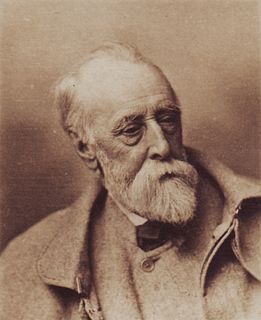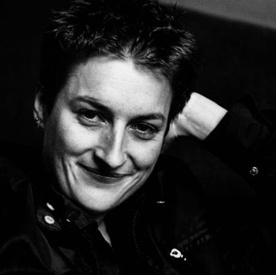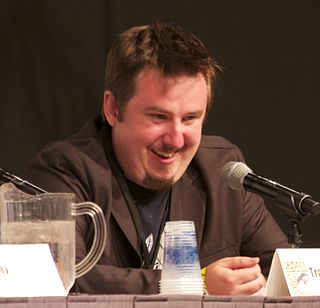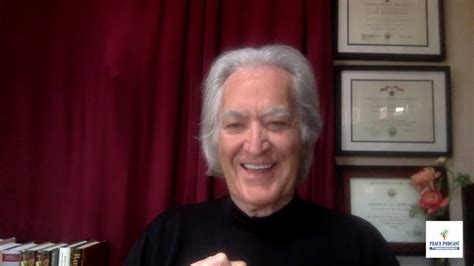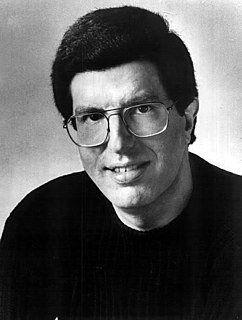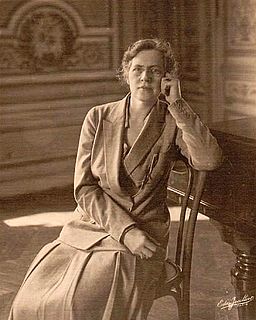A Quote by George Frederic Watts
In the Bible (Hebrews, 6:19), hope is ‘an anchor of the soul, both sure and stedfast, and which entereth into that within the veil.’ Here [in Watts painting], Hope is blindfolded, seated on a globe and playing a lyre of which all but one of the strings are broken . . . Hope’s attempts to make music appear futile and several critics argued that the work might have been more appropriately titledDespair. Watts explained that ‘Hopeneed not mean expectancy. It suggests here, rather, the music which can come from the remaining cord’.
Related Quotes
We must not lose hope. Hope is an anchor to the souls of men. Satan would have us cast away that anchor. In this way he can bring discouragement and surrender. But we must not lose hope. The Lord is pleased with every effort, even the tiny, daily ones in which we strive to be more like Him. Though we may see that we have far to go on the road to perfection, we must not give up hope.
And then the spirit brings hope, hope in the strictest Christian sense, hope which is hoping against hope. For an immediate hope exists in every person; it may be more powerfully alive in one person than in another; but in death every hope of this kind dies and turns into hopelessness. Into this night of hopelessness (it is death that we are describing) comes the life-giving spirit and brings hope, the hope of eternity. It is against hope, for there was no longer any hope for that merely natural hope; this hope is therefore a hope contrary to hope.
"Hope, you see, Wal'r," said the Captain, sagely, "Hope. It's that as animates you. Hope is a buoy, for which you overhaul your Little Warbler, sentimental diwision, but Lord, my lad, like any other buoy, it only floats; it can't be steered nowhere. Along with the figure-head of Hope,' said the Captain, 'there's a anchor; but what's the good of my having a anchor, if I can't find no bottom to let it go in?"
I dread the loss of her I've never touched love keeps me a slave in a cage of tears I gnaw my tongue with which to her I can never speak I miss a woman who was never born I kiss a woman across the years that say we shall never meet Everything passes Everything perishes Everything palls my thought walks away with a killing smile leaving discordant anxiety which roars in my soul No hope No hope No hope No hope No hope No hope No hope
Hope. People want hope. We crave hope. We long for hope. Hope has been present since the very beginning. And almost in the worst situations of human history, you often find the greatest amount of hope. The very nature of the situation, the way stepped-on people created within them even more hope than when things were going fine. Hope has always been around.
More than by fear of going astray, my hope is that we will be moved by the fear of remaining shut up within structures which give us a false sense of security, within rules which make us harsh judges, within habits which make us feel safe, while at our door people are starving and Jesus does not tire of saying to us: 'Give them something to eat.'
But black folks have never really been optimists. We've been prisoners of hope, and hope is qualitatively different from optimism in the way that there's a difference between The Blues and Lawrence Welk. The Blues and Jazz have to do with hope while the other is sugarcoated music which has to do with sentimental optimism.
Hope? Hope is not the absence of tragedy, my friend. It is the conviction that tragedy can be endured. Hope is the spark in you that is not subdued in the face of the vast and callous indifference of the universe. Hope is that which is not shattered by hardship. Hope is the urge to fight what is wrong even when you know it will destroy you. Hope is the decision to love and need someone knowing that they will one day die. For me to promise that there are no obstacles would be the cruelest lie I could possibly tell. That lie is not hope. Hope is the will which needs no lies.
The beauty of having nothing to lose, is you learn the beauty of having everything to gain.
This is where hope lives.
Hope can’t be taken.
Hope can’t be lost.
Hope can’t be broken.
When we are boiled down to what we are as people. We are not love, because we hope to love, we are not money or who we hold, because we hope to have and to hold. We are not religion or God, because we enter into belief in the hope we get something back for ourselves. We are not a soul.
We are hope.
In music everything is prolonged, everything is edified, and when the enchantment has ceased, we are still bathed in its clarity; solitude is accompanied by a new hope between pity for ourselves - which makes us more indulgent and more understanding - and the certitude of finding something again, that which lives for ever in music.
